
Ashley Yeager is the associate news editor at Science News. Previously, she worked at The Scientist, where she was an associate editor for nearly three years. She has also worked as a freelance editor and writer, and as a writer at the Simons Foundation, Duke University and the W.M. Keck Observatory. She was the web producer for Science News from 2013 to 2015, and was an intern at the magazine in the summer of 2008. She holds a bachelor’s degree in journalism from the University of Tennessee, Knoxville, and a master’s degree in science writing from MIT. Her book, Bright Galaxies, Dark Matter and Beyond, on the life of astronomer Vera Rubin, will be published by MIT Press in August.

Trustworthy journalism comes at a price.
Scientists and journalists share a core belief in questioning, observing and verifying to reach the truth. Science News reports on crucial research and discovery across science disciplines. We need your financial support to make it happen – every contribution makes a difference.
All Stories by Ashley Yeager
-
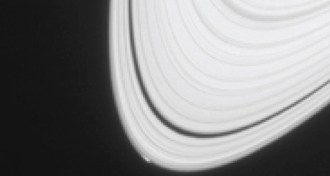 Planetary Science
Planetary ScienceSaturn may be getting a new moon
An icy object within Saturn's rings may be a new moon in the making.
-
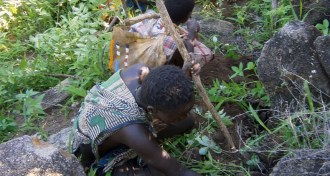 Genetics
GeneticsModern hunter-gatherers’ guts host distinct microbes
A healthy collection of gut bacteria depends on the environment in which people live and their lifestyle, research shows.
-
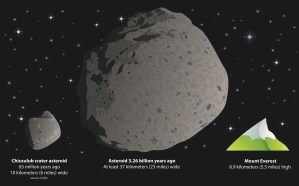 Earth
EarthHuge space rock rattled Earth 3 billion years ago
An asteroid almost as wide as Rhode Island may have plowed into Earth 3.26 billion years ago, leaving a trace in South Africa’s Barberton greenstone belt.
-
 Health & Medicine
Health & MedicineHepatitis C treatment appears extremely effective
A mix of four medications has provided the most effective way to date to counter the hepatitis C virus in humans.
-
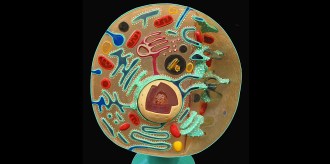 Life
LifeHow cells keep from popping
The protein SWELL1 stops cells from swelling so much that they burst, a new study shows.
-
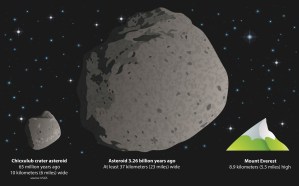 Earth
EarthHuge space rock rattled Earth 3 billion years ago
An asteroid almost as wide as Rhode Island may have plowed into Earth 3.26 billion years ago, leaving its mark in South Africa’s Barberton greenstone belt.
-
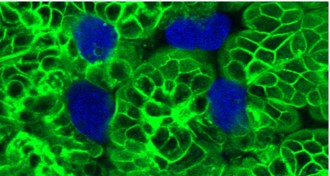 Life
LifeAmoebas’ munching may cause diarrheal disease
Amoebas biting and swallowing pieces of human cells may be what causes amebic dysentery, a potentially fatal diarrheal disease in the developing world.
-
 Quantum Physics
Quantum PhysicsSmall step taken for quantum communication
A single atom can change the state of a photon, which may help build quantum networks.
-
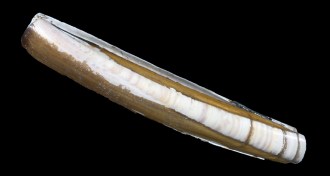 Tech
TechAtlantic razor clam inspires robot to dig deeper
A robot digs using the same method as the Atlantic razor clam.
-
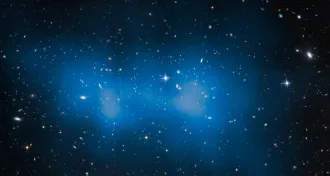 Astronomy
AstronomyEl Gordo galaxy cluster as hefty as 3 million billion suns
The galaxy cluster El Gordo, which is Spanish for “the fat one," is roughly 43 percent more massive than earlier estimates.
-
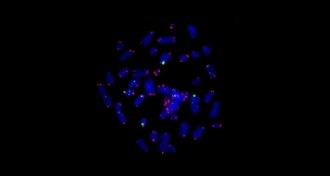 Health & Medicine
Health & MedicineChanges in kids’ genomes linked to chronic stress
In a study of 40 nine-year-old boys, kids from underprivileged backgrounds had telomeres that were 19 percent shorter than those of boys from more privileged environments.
-
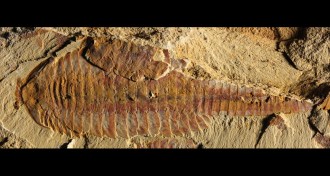 Paleontology
PaleontologyAncient crustacean had elaborate heart
The now-extinct Fuxianhuia protensa had a fancy cardiovascular system that sent blood to its limbs and organs, including its brain.